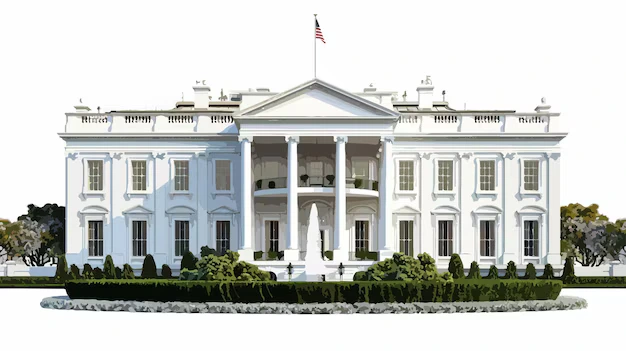Washington, D.C. – February 7, 2025
President Donald Trump’s controversial executive order aimed at restricting US birthright citizenship has been temporarily blocked by multiple federal judges, setting the stage for a legal battle that could reach the U.S. Supreme Court. The order, signed on January 20, 2025, sought to redefine the long-standing interpretation of the 14th Amendment, which grants automatic citizenship to all individuals born on U.S. soil.
Background of the Executive Order
President Trump’s executive order, titled “Protecting the Meaning and Value of US birthright Citizenship,” was intended to prevent children born in the U.S. to undocumented immigrants and temporary visa holders from automatically receiving U.S. citizenship. The policy, originally set to take effect on February 19, 2025, stated that only children born to U.S. citizens and lawful permanent residents (green card holders) would be granted birthright citizenship.
Under this directive, children born to non-citizen parents who were in the U.S. illegally or on temporary visas (such as student, tourist, or work visas) would no longer be given birthright citizenship. Instead, their parents would have to apply for legal status for them through existing immigration pathways, potentially leading to statelessness for some children.
This move was part of President Trump’s broader immigration agenda, which has included strict border policies, mass deportations, and a renewed push for a border wall. The order quickly faced backlash from immigrant rights groups, legal experts, and political opponents, who argued that it directly violated the 14th Amendment of the U.S. Constitution.
Legal Challenges and Court Rulings

Shortly after the order was announced, multiple lawsuits were filed by civil rights organizations, state attorneys general, and immigration advocates. They argued that the order was unconstitutional.
On February 5, 2025, U.S. District Judge Deborah Boardman in Maryland issued a nationwide preliminary injunction, temporarily blocking the order’s enforcement. In her ruling, she stated
Constitutional rights cannot be overridden by the executive branch. The Citizenship Clause of the 14th Amendment has been consistently upheld by the Supreme Court for over a century, and this order is likely to be found unconstitutional.”
A day later, another federal judge in California, Judge Edward Chen, issued a similar ruling, further strengthening the legal resistance against the executive order. Both rulings emphasized that changing the interpretation of the 14th Amendment requires a constitutional amendment or a ruling from the Supreme Court, not an executive order.
White House and DOJ Response
In response to the judicial rulings, the Department of Justice (DOJ) announced that it would appeal the decisions, with Attorney General Stephen Miller arguing that the order was necessary to prevent what he called “citizenship fraud and misuse of American resources.” The White House released a statement defending the executive order:
“This administration is committed to protecting the integrity of American citizenship. The President will take all necessary legal steps to ensure that citizenship is granted only to those who have a legitimate right to it.”
President Trump himself took to social media, calling the rulings “judicial overreach” and vowing to fight the case up to the U.S. Supreme Court if necessary.
Political and Public Reactions
The executive order has further polarized the political landscape. Democratic lawmakers have condemned the order, calling it an unconstitutional attack on immigrants and American values. House Speaker Hakeem Jeffries stated:
“This is yet another attempt to rewrite the Constitution without going through the proper legal channels. Birthright citizenship is a fundamental American right, and we will fight to preserve it.”
Meanwhile, Republican supporters of the order argue that it is a necessary step to curb illegal immigration and prevent non-citizens from taking advantage of U.S. benefits. Texas Governor Greg Abbott backed the order.th
What’s Next?

Legal experts predict a lengthy court battle ahead, with the case potentially making its way to the Supreme Court. If the Supreme Court agrees to hear the case, it could lead to a landmark ruling on the interpretation of the 14th Amendment and the future of birthright citizenship in the U.S.
For now, the executive order remains blocked, and children born on U.S. soil continue to be granted citizenship under existing laws. However, with ongoing legal challenges and political debates, the future of birthright citizenship in America remains uncertain.



